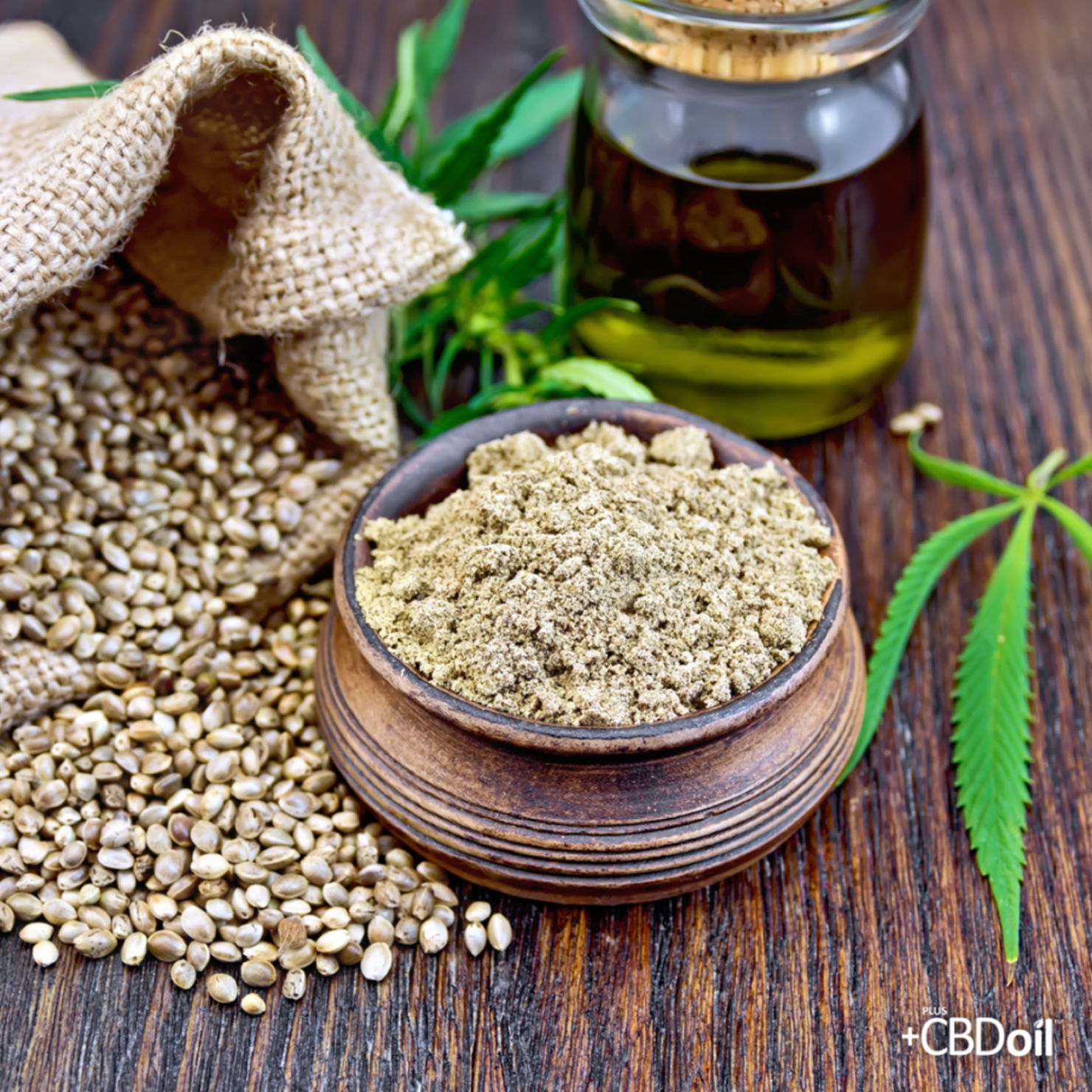Welcome!
ARE YOU OVER 21 YEARS OF AGE?
Mar 18, 2020

The three letters CBD are being discussed in more conversations surrounding general health and wellness topics, but there are some who still may not know exactly what CBD stands for. If you are wondering, “What does CBD stand foryou are not the only one.
CBD stands for cannabidiol (can·na·bid·i·ol) and CBD is simply its abbreviation. Like with many other scientific terms, cannabidiol is most often referred to as CBD, making it shorter and easier to remember. The letters C, B, and D are present in the hard syllables of the word, cannabidiol, to better help you recognize the association. However, cannabidiol is not to be confused with tetrahydrocannabinol, or THC, its widely popular (and arguably more ‘fun’) cousin, which is responsible for the intoxicating adverse effects normally associated with cannabis use. Unlike recreational cannabis (or ‘marijuana’), CBD does not have these same mind-altering side effects that cannabis products have due too little to no THC content.
Medical abbreviations are very popular in the medical world, especially when clinical trials are constantly at play, mostly because they save both time and space when being written out. This is the case when writing up medical records, research studies, general conversation and debate, and quite frankly, it’s easy for most of us to remember too.
Cannabidiol is a phytocannabinoid (also referred to as a cannabinoid) which gives us a clue as to where the name was derived. “Phyto”, means “plant” and a cannabinoid is a compound found in the agricultural hemp plant, a cannabis cultivar found in the family, cannabaceae. Another popular plant within this plant family is humulus, or “hops” which is commonly used to make beer. While hops and cannabis plants containing high amounts of THC may be in the same family as high-CBD agricultural hemp plants, each of these chemical compounds have different effects. The health benefits and effects of cannabidiol differ from that of the active component, THC in recreational cannabis, and also differ from hemp seed oil.
Now that you know what CBD stands for, you may be wondering what CBD is and if it, in fact, actually even works the way everyone says it does. CBD, or cannabidiol, is a naturally occurring phytocannabinoid mostly found in hemp plants. As its name suggests, phytocannabinoids are types of active compounds created in a plant. CBD and THC are the more prevalent active ingredients in cannabis, but there are hundreds of other cannabinoids found in cannabis plants.
When a cannabinoid such as CBD is ingested into your body, it interacts with your endocannabinoid system (ECS) to enhance your body’s natural balancing act. Your body’s endocannabinoid receptors are responsible for managing a variety of different things, including appetite, mood, energy, and much more. Drawn from clinical trials, research has shown that CBD can help balance the ECS and help promote health and well-being in many of those areas.
For example, a recent CV Sciences, PlusCBD™ Oil study conducted by the Center for Applied Health Sciences (CAHS) found that CBD may help you maintain a healthy weight, get better sleep, and feel more enjoyment in your daily life. This was based on findings that suggest that CBD may help to promote relaxation and control appetite, as well as that CBD may have more of a positive effect on the endocannabinoid receptors functioning throughout your body. The study found that taking CBD dietary supplements, along with maintaining a generally healthy and active lifestyle, including a nutritious diet, can be a safe way to improve your health and well-being.
More research studies need to be done before any of the effects and health benefits of CBD can be conclusively confirmed, but the results that are being discovered with each new study are both exciting and promising.
The response that one may have after taking a cannabinoid can vary from person to person, although many report feeling more relaxed and content after taking CBD. Whether you’re stressed from a busy day at work or you’re just ‘not in the mood’, people everywhere have experienced positive results from the calming effect of CBD. Because CBD works with your ECS to balance your body’s natural processes, it gives everyone their own unique sense of calm based on their body’s own needs. In most cases, many people experiencing stress find that taking CBD regularly helps them have healthy sleep cycles and feel more relaxed.
Oftentimes, the chemical compounds of THC and CBD are mistaken for one another because they both come from cannabis. Many people often think that anything derived from the cannabis or marijuana plant has the same intoxicating effects. This is certainly not the case as CBD oil does not contain the same levels of THC as cannabis sativa, and hemp seed oil has no THC at all. While THC is responsible for causing psychoactive effects such as a “head high”, CBD does not cause any feelings of intoxication and does not get you “high” like such controlled substances. THC and CBD have similar chemical structures, but both compounds produce very different reactions in the human body. The effects of THC are known for causing one to feel intoxicated, but CBD does not produce any intoxicating effects. So, you do not have to worry about getting “high” from taking a CBD oil or dietary supplements.
If you are interested in experiencing the effects of cannabidiol, there are different types of CBD products available for you to choose from. To name just a few, there are CBD capsules, oils, CBD infused gummies, creams, and more. One popular option you may want to explore is the PlusCBD™ Oil softgel line of products These softgels are easy to take and contain a high concentration of CBD at 15mg of CBD per each softgel.
As with any new dietary supplement, it’s important to consult your health care provider before taking any CBD products.
Sources: